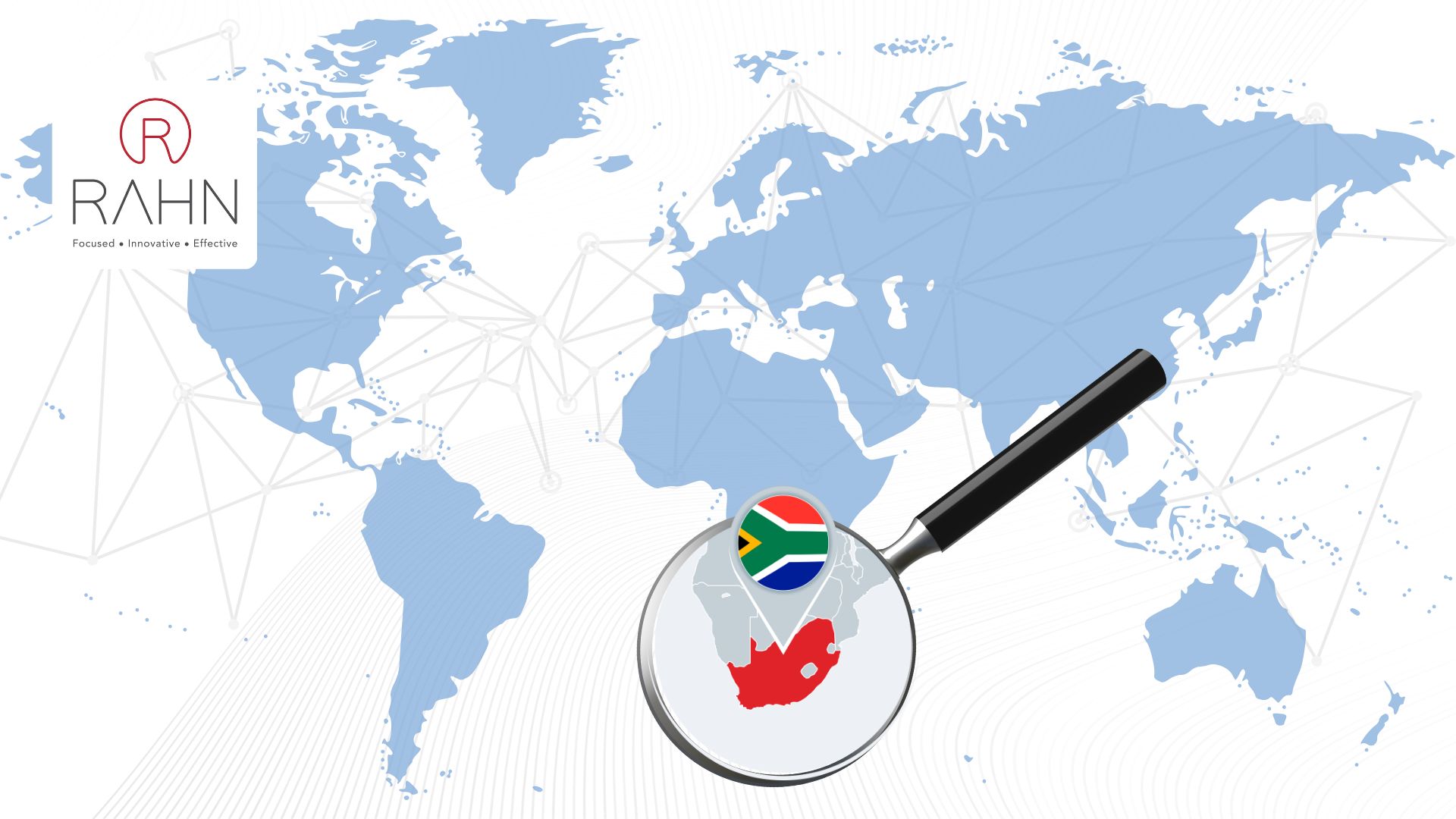How long will it take for the FATF Grey List to be lifted in South Africa?
How long will it take for the FATF Grey List to be lifted in South Africa?
In February 2023, South Africa was added to the Financial Action Task Force (FATF) grey list, placing the country under increased monitoring due to concerns about anti-money laundering (AML) and counter-terrorist financing (CTF) measures. This classification requires additional oversight for South African businesses and financial institutions dealing internationally, impacting everything from trade to foreign investment. Below we’ll explore the effects of the grey listing on South Africa, recent progress made toward resolving these concerns, and the likely economic outlook as the country works to exit the list.
What is the FATF Grey List?
The FATF grey list includes countries with notable deficiencies in AML and CTF practices, though they are actively working to address these issues. Being grey-listed signals to global financial bodies and investors that transactions with these countries require added scrutiny, which can increase the operational and compliance costs for businesses in grey-listed nations.
The Impact of Grey Listing on South Africa
Since its placement on the grey list, South Africa has experienced several negative repercussions, including:
- Higher Transaction Costs: Banks and businesses now incur higher transaction fees due to increased due diligence requirements by international partners. This added cost has made global transactions more cumbersome for South African companies.
- Reduced Foreign Investment: International investors and financial institutions tend to be more cautious with grey-listed countries. For South Africa, this caution may slow foreign direct investment (FDI), impacting job creation and economic growth.
- Effect on Credit Ratings: Grey listing has the potential to harm a country’s credit ratings, as the grey list implies risks in financial oversight. Lower credit ratings can, in turn, raise the cost of borrowing for South Africa, affecting both the private and public sectors.
Progress Toward Exiting the Grey List
In response to the FATF’s concerns, South Africa has taken meaningful steps to strengthen its financial oversight mechanisms:
- Policy Reforms: By enhancing transparency in beneficial ownership and tightening AML and CTF regulations, South Africa has tackled 16 out of 22 action points recommended by FATF.
- Increased Prosecution Efforts: Authorities have improved the investigation and prosecution of complex money laundering cases, though more work is needed in this area to meet FATF standards fully.
- Enhanced Regulatory Oversight: The country has bolstered its regulatory framework to supervise designated non-financial businesses and professions (DNFBPs), a key step toward ensuring compliance across various sectors.
South Africa’s remaining tasks include addressing beneficial ownership transparency and sustaining prosecution momentum for money laundering and terrorist financing cases.
The FATF’s upcoming evaluation in February 2025 will determine whether South Africa has met these requirements, with an onsite visit planned for mid-2025 if progress is deemed satisfactory
Should South Africa successfully exit the grey list by 2025, the economy could see immediate benefits, including:
- Increased Foreign Investment: Removal from the grey list would likely restore confidence among foreign investors and partners, making South Africa a more attractive destination for FDI.
- Lower Transaction Costs: Banks and businesses may face fewer compliance costs, improving international trade efficiency and encouraging more cross-border transactions.
- Improved Credit Ratings: Exiting the grey list could positively influence South Africa’s credit ratings, potentially lowering borrowing costs and creating more favourable conditions for economic growth.
While grey listing has posed challenges for South Africa, our country is making substantial progress in meeting FATF requirements. With continued focus and successful completion of the final action items, South Africa has a realistic chance of exiting the grey list by late 2025. For businesses, investors, and citizens alike, this potential exit offers hope for a return to a more favourable and less restrictive financial environment.
Looking for an affordable AML tool to help combat financial crime? Discover RAHN Monitor! Visit www.rahnmonitor.co.za for more information or reach out to Sybil at [email protected] for any inquiries.

